There may be a pretty common misunderstanding in the community that being a flight attendant must have a "beautiful physical appearance” according to certain standards. However, in fact, The requirements to become a flight attendant are more complex and go far beyond the purely physical aspects. In the aviation industry, ability, Skills, and personality plays a much more important role. The following is a detailed explanation of the conditions for becoming a flight attendant and why the appearance is not the only determinant factor.

Basic Qualifications and Requirements
- Education:
- Usually, prospective flight attendants must have a minimum of high school diplomas (SMA) or equivalent. Some airlines may prefer candidates who have higher education, Like a diploma or a bachelor's degree.
- Age:
- The minimum age requirements usually range between 18 until 21 year, depending on the airline. The maximum age requirement can also apply, but varies between airlines.
- Height and Weight:
- Proportional height and weight is often a condition, Because this is related to the ability to reach safety equipment on the aircraft and move easily in a narrow hallway. For example, some airlines may require a minimum height around 158 cm for girls and 165 cm for men.
- Language skill:
- English language skills is a must because this language is an international language of aviation. The ability in other languages can also be added value.
- Health:
- Prospective flight attendants must have good physical and mental health. Strict medical examinations are usually done to ensure that they can handle physical demands.
- Swimming ability:
- Many airlines require flight attendants to be able to swim well as part of the safety of passengers in an emergency involving water.
Training and skills
- Safety Training:
- Intensive training on safety procedures is a major part of flight attendant training. This includes how to deal with an emergency situation, aircraft evacuation, use of safety equipment, and first aid.
- Customer service:
- Stewardess must have good customer service skills. This includes the ability to communicate effectively, Handling complaints and passenger needs, as well as providing friendly and efficient services.
- Team work:
- The flight attendant must be able to work with other crew members in a situation that is often full of pressure. Collaboration skills and the ability to work in teams are very important.
- Stress Management:
- This job can be very tense, especially in an emergency situation or when handling difficult passengers. The ability to stay calm and manage stress is very necessary.
Physical appearance
Although physical appearance is still considered in several ways, especially in terms of cleanliness and neatness, strict beauty standards are reduced relevance. Modern airlines tend to focus more on the following aspects:
- Cleanliness and neatness:
- Stewardess is expected to always look neat and clean. This includes neat uniforms, well -arranged hair, and good personal hygiene.
- Professional presentation:
- Professional appearance is part of the airline image. Therefore, Stewardess is usually expected to maintain a professional appearance and in accordance with airline standards.

Personality and Attitude
- Friendly and friendly attitude:
- Friendly attitude and ability to make passengers feel comfortable very important. The flight attendant must be able to smile and provide friendly service in every situation.
- Adaptability:
- The ability to adapt to various different situations and passengers is highly valued quality.
- Empathy and patience:
- Stewardess often has to handle passengers who might feel anxious, angry, or uncomfortable. Empathy and patience are very important quality to be able to provide good service.
Perspective of the Aviation Industry
The aviation industry has undergone many changes in recent decades, Included in terms of requirements and expectations of flight attendants. Some important points include:
- Gender equality and inclusion:
- Many airlines are now encouraging gender equality and inclusion in recruiting flight attendants. This includes avoiding discrimination based on physical appearance, age, or cultural background.
- Focus on competence and skills:
- Airlines are increasingly aware that competence and skills are far more important than physical appearance. Communication skills, the ability to work in teams, and the ability to deal with emergency situations is the main focus in selection and training.
- Health and Wellness:
- There is greater attention to the health and welfare of the flight attendant, including mental and physical support to deal with high job demands.
Myth and reality
The myth that flight attendants must be beautiful is often triggered by airline advertisements in the past which emphasizes physical appearance as part of the attractiveness of service. However, Reality in the field shows that the success of a flight attendant is more determined by skills, personality, and their professionalism.
Being a flight attendant is not just about physical appearance, but more about the ability to carry out tasks effectively and professionally. Although the neat and clean appearance is still important, aspects such as communication skills, the ability to work in teams, empathy, and the ability to manage stress are key factors that are prioritized by airlines.
In the world of modern aviation, airlines increasingly emphasize recruitment based on meritocracy, ensure that their flight attendants are able to provide the best service to passengers while ensuring flight safety and comfort. Stereotypes about the necessity for "beautiful” The longer the left behind, replaced by a more inclusive approach and focused on competence.
Thus, for anyone who dreams of becoming a flight attendant, It is important to prepare yourself through proper education, intensive training, and developing strong interpersonal skills. A neat and professional appearance is important, but the dedication, Skills, And a good personality is the main key to success in this profession.


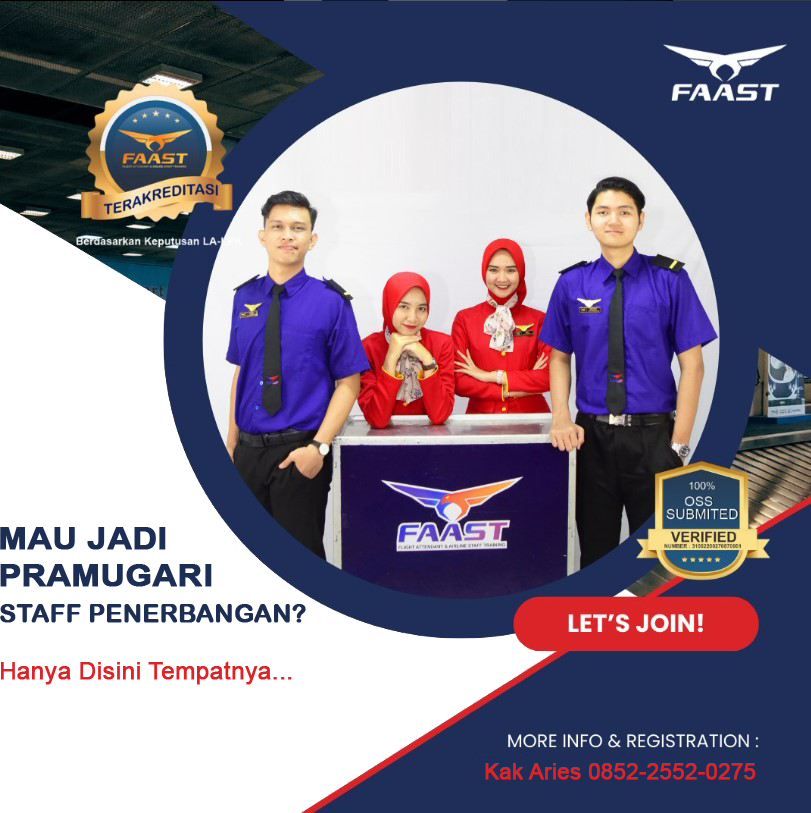
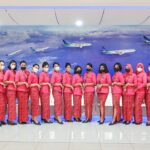



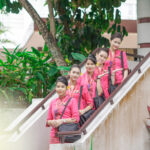




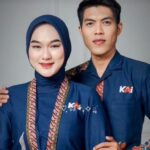












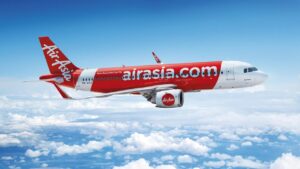
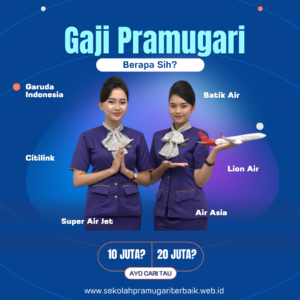



Leave a Reply